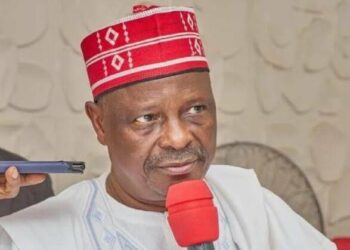Following the recent adjustment of the price of petrol to N145 per litre by the federal government, sales of the product have drastically reduced by about as much as 40 per cent, according to the Chairman, Major Oil Marketers Association of Nigeria (MOMAN) and Group Chief Executive Officer of Forte Oil Plc, Mr. Akin Akinfemiwa.
It also emerged that as the National Bureau of Statistics (NBS) prepares to release inflation figure for May 2016 next week based on the bureau’s data release calendar, the Consumer Price Index (CPI) has been predicted to hit 14.7 per cent.
Akinfemiwa revealed that though Nigeria is a driving country with a lot of dependence on petrol for both passenger and commercial vehicles, there are strong indications that motorists have devised various means of using less petrol in view of the high cost.
He confirmed this development in a statement at the weekend, stating that as the foremost indigenous energy solutions provider, his company’s customer surveys showed that motorists had resorted to various journey-planning initiatives to reduce fuel usage.
He identified some of the initiatives to include; “car-pooling, use of government mass transit buses and even cutting down on unnecessary movements and visits”.
“If you may agree with me, there has been a light flow of traffic in the Lagos metropolis in very recent times. We however deem this to be the initial reaction and thus believe that the demand will improve over time,” he added.
Akinfemiwa insisted that marketers would continue to clamour for deregulation, saying that the recent price adjustment was not deregulation.
“The clamour is still on and the market is not deregulated as we speak. What we have is an adjustment of the foreign exchange line items on the modulated template to approximately N285 per naira from the Central Bank of Nigeria’s N197 rate previously used. However, we view this as a significant achievement and departure from the subsidy regime in which petroleum product imports accounted for over 50 per cent of Nigeria’s foreign exchange earnings leaving very little headroom for spending on social infrastructure,” he explained.



